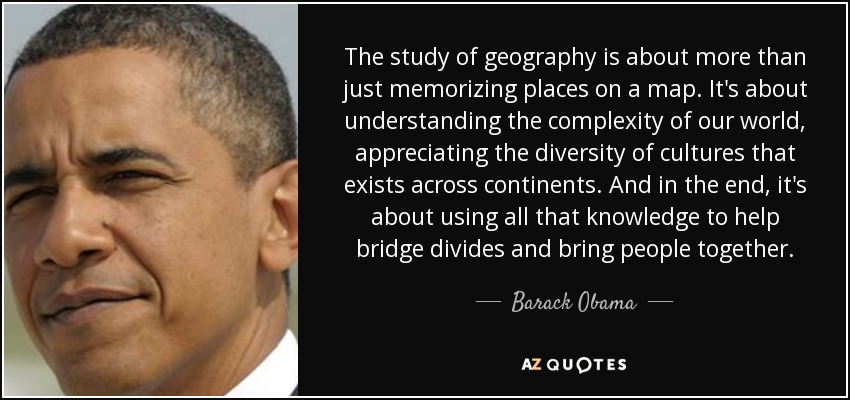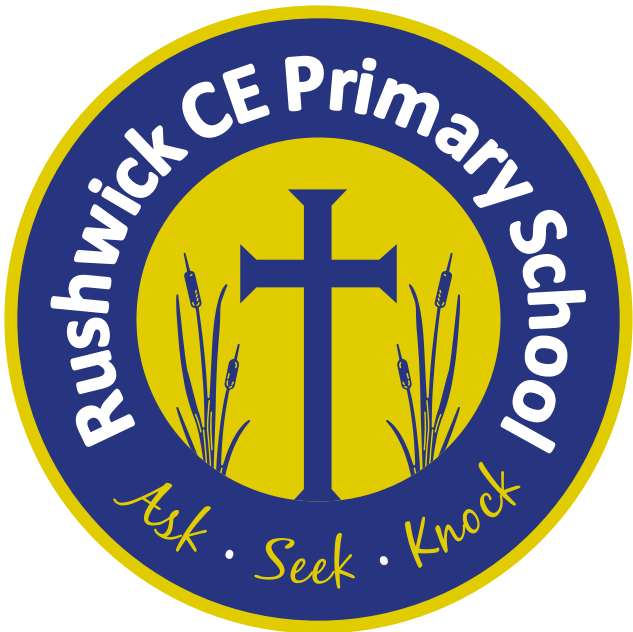Geography

Intent:
Geography is concerned with the study of places, the human and physical processes that shape them and the people who live in them. The study of Geography should inspire in pupils a curiosity and fascination about the world and its people that should remain with them throughout their lives.
In EYFS at Rushwick School children work towards the Early Learning Goal ‘Understanding the World’ to gain the knowledge, skills and understanding of; People and Communities, The World and Technology. The overarching principles of; The Unique child, Enabling Environments, Positive Relationships and an understanding that children develop and learn in different ways at different rates, shape EYFS practice at Rushwick. Learning involves guiding children to make sense of their physical world and their community through opportunities to explore, observe and find out about people, places, technology and the environment.
In Key Stage 1, pupils investigate their locality, an area within the United Kingdom and a small area in a contrasting non-European country. They also learn of the continents and oceans of the world. At Rushwick, we aim to foster children’s sense of awe and wonder at the beauty and diversity of the world around them and help them to understand their place and responsibilities within the world.
In Key Stage 2, pupils extend their knowledge to include Europe, North and South America. Pupils develop and use geographical skills including first hand observation, maps, atlases and globes to study human and physical features of the world. Children are encouraged to be curious and ask questions as they explore and locate countries, counties, cities, regions and topographical features and land use patterns. Children explore their role and responsibilities as global citizens linked closely with their learning in PSHE and British values.
Whole School Geography Map
|
|
Autumn |
Spring |
Summer |
|
EYFS |
Understanding the world |
||
|
Y1 |
What is it like here? Rushwick local area, map work, fieldwork
|
What is the weather like in the UK? Countries and cities in the UK, seasons, compass Using a key fieldwork |
What is it like to live in Shanghai? Physical and human features Continents, oceans, countries, contrasting to RUSHWICK -field work |
|
Y2 |
Would you prefer to live in a hot or cold place? Continents, climate zones, poles, equator, contrasting localities -fieldwork –weather conditions |
Why is our world wonderful? Characteristics of UK, oceans in the world, natural habitats in RUSHWICK -fieldwork |
What is it like to live by the Coast? Continents and oceans of the world, countries, cities and seas of UK, physical geography of Weston Super Mare, link to human geography including land use, settlements and tourism –links -children in Somerset. Visit WESTON SUPER MARE –comparing locality to Rushwick. |
|
Y3 |
Why do people live near Volcanoes? Construction of the Earth, tectonic plates, formation of mountains, volcanoes and Earthquakes. Positive and negatives of living in a locality. Fieldwork –rock around RUSHWICK |
Who lives in Antarctica? Latitude and longitude, climate based upon tilt of the Earth axis, physical geography of the polar regions –human adaptation, Shackleton -fieldwork -expedition |
Are all settlements the same? Comparing urban to rural. Human/physical geography of Rushwick and how it has changed. Compare and contrast with urban locality –BIRMINGHAM–fieldwork |
|
Y4 |
Why are rainforests important to us? Biomes linked to climate, Amazon rainforest –link to tropics, physical geography of the Amazon, plant adaptation due to climate, people of the rainforest, human impact locally and globally –fieldwork –local woodland’s uses WYRE FOREST |
Where does our food come from? Biomes and mapping food distribution, fair trade –link to Cadburys and cocoa. Explore their school dinners. Fieldwork –data collect where our food comes from. CADBURYS/TESCO |
What are rivers and how are they used? Water cycle, use of water, name and map major rivers in UK and world, features of rivers and how they are used, pros/cons RIVER SEVERN |
|
Y5 |
What is life like in the Alps? Mountain ranges, tourism –human and physical impact. Compare to tourism in Worcester Field work |
Why do oceans matter? Oceans, human impact, Great Barrier Reef study, plastic and pollution damage to marine environment, eco friendly choices, Fieldwork –littering |
Would you like to live in the desert? Hot desert biomes, map global deserts, Mojave desert –physical features, how humans use the desert, environmental threat.
|
|
Y6 |
Why does population change? Global population, populated areas, case studies –birth/death rate, social/economic/environmental influences on migration. Fieldwork –population in local area. |
Where does our energy come from? Time zones, natural source of energy in UK compared to USA. Renewable and non-renewable energy and the social/economic/environmental impact. Fieldwork –solar panels |
Can I carry out an independent fieldwork enquiry? Planning, conducting an investigation on a local issue. Enquiry question, data, record, analyse, present. Links to local schools/DOWMAT |
